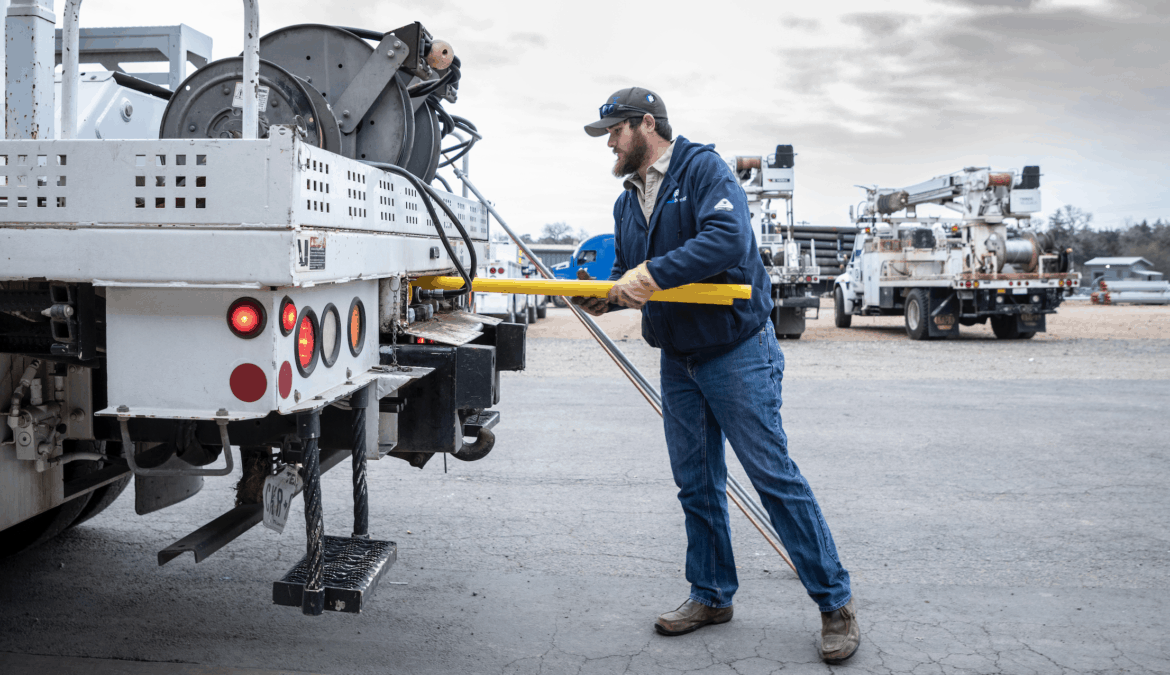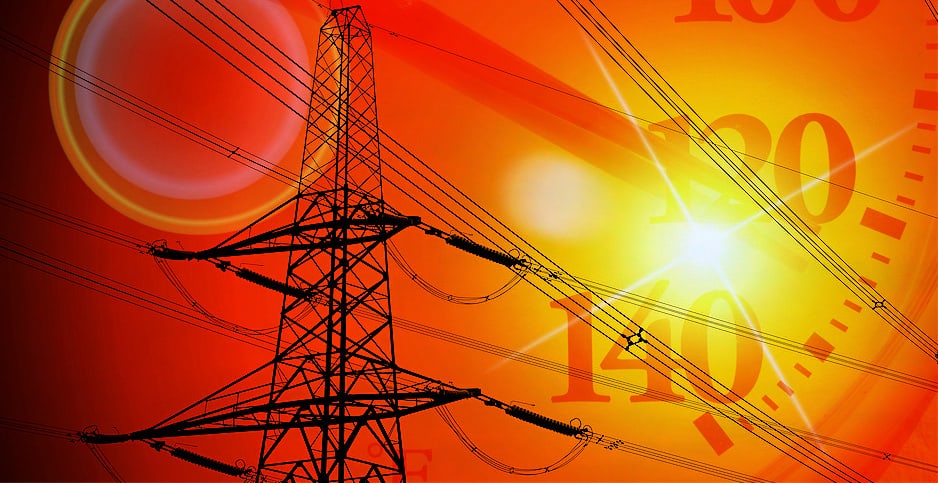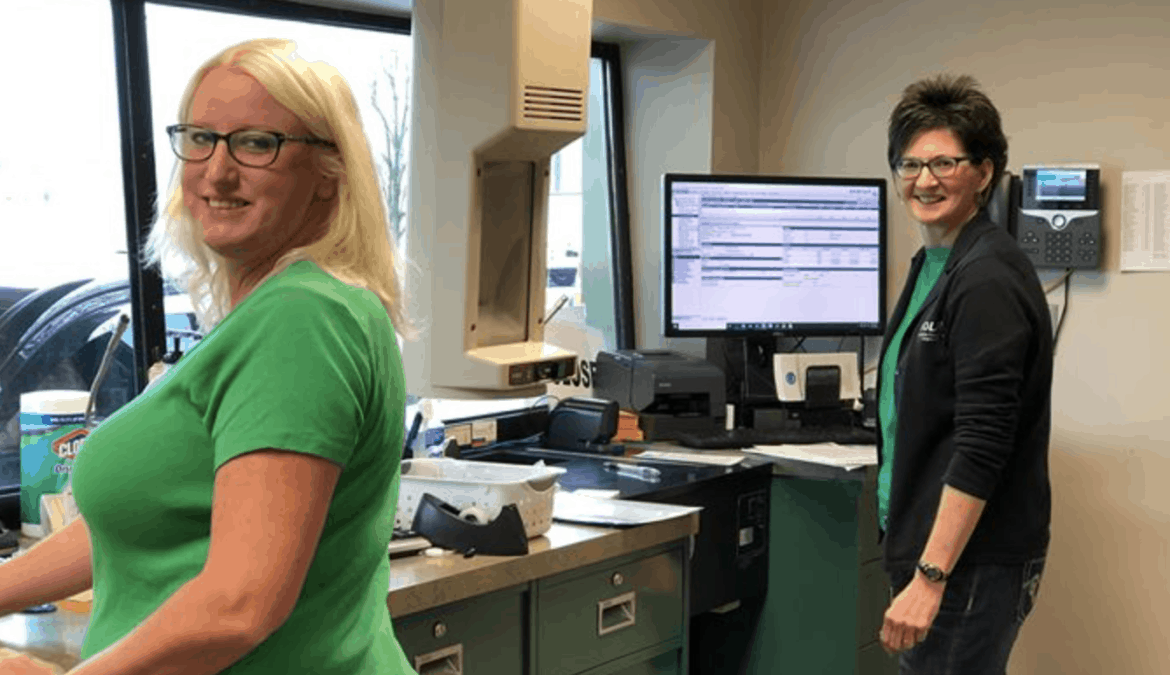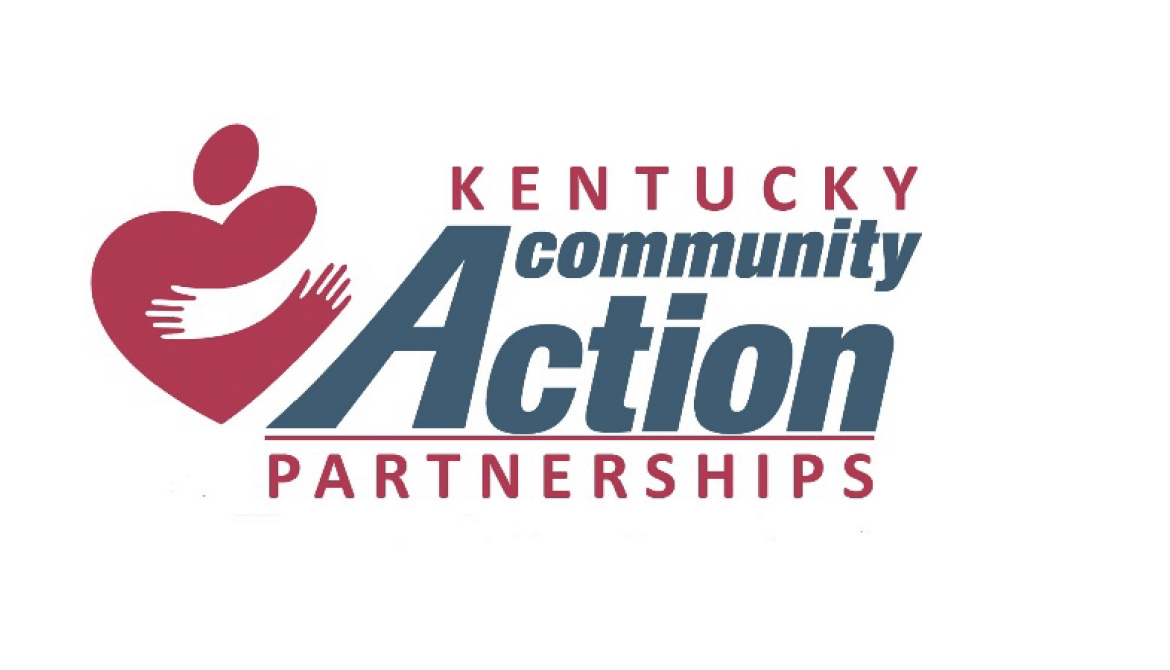February started simply enough with electric co-op employees across Kentucky following the early advice of public health experts to increase handwashing and decrease physical contact with others.
As COVID-19 pandemic concerns intensified in March, cooperatives responded with characteristic discipline, setting into motion procedures and policies for the safety of consumer-members and employees.
Disasters are what electric-co-ops know well. Staffs are trained to respond quickly and safely to ensure consumer-members have electricity.
Safety steps co-ops are taking
At Farmers RECC’s offices in Glasgow and Munfordville, the first steps included closing the lobbies and a regular deep cleaning of commonly touched surfaces.
“We have redeployed our workforce as much as possible, including alternating employee shifts and disbursing employees among different locations,” says Farmers President and CEO Bill Prather. “We want to assure our members that Farmers RECC has taken multiple steps to ensure continuous, normal business operations with a focus on serving our members with safe, reliable, affordable service, as always.”
In Paintsville, Big Sandy RECC implemented the highest level of its pandemic plan. With the exception of its billing department, employees are working from home. Customer service representatives work alternating shifts.
“Our CSRs wear latex gloves and disinfect payments and paperwork received in the drive-thru and the mail,” says Big Sandy RECC President Bruce Aaron Davis. “We are also practicing social distancing while in the office.”
Staggered shifts for line crews are also the new practice at Jackson Energy Cooperative in southeastern Kentucky. The co-op’s safety culture extends beyond the workday. All employees and their families have been encouraged to stay home when they are not working and on their personal time off.
“With the uncertainty created by the coronavirus pandemic, we know our members are facing many concerns,” says Carol Wright, president and CEO. “Jackson Energy is dedicated to finding the best solutions for our membership while ensuring the continued safety of our employees and our members during this difficult time.”
Electric co-ops critical and essential
Co-op employees and contractors are among the workers in critical infrastructure industries identified by the U.S. Cybersecurity and Infrastructure Security Agency as essential to continued infrastructure viability.
“With so many cooperative members isolated at home, it is critically important that we maintain reliable electric service,” says Anthony “Tony” Campbell, president and CEO of East Kentucky Power Cooperative, Winchester, which provides power to 16 electric distribution co-ops in central and southeastern Kentucky.
In addition to such measures as teleconferencing, limiting travel and strict social distancing, EKPC is taking special care in its role as a major power supplier to co-ops serving consumer-members in 87 counties in Kentucky and to PJM Interconnection, the nation’s largest electrical grid. Some work areas have been isolated. Critical staff such as plant operators and line crews have been isolated, and shifts have been separated.
“EKPC is doing everything we can to keep our employees healthy and to prevent the spread of illness, so we can keep the power flowing,” Campbell says.
To help consumer-members to pay their electric bill safely, cooperatives are encouraging them to use electronic transactions via co-op websites and mobile apps. In addition, most drive-thrus remain open and night-deposit boxes can accept payments. (Please check with your local electric co-op or see the center section in this issue to confirm before going.)
“We understand the challenges and overwhelming circumstances that many of our consumer-members are facing,” says Greg Grissom, president and CEO of Jackson Purchase Energy Cooperative in Paducah. “JPEC will not disconnect consumer-members or charge late fees for a limited time. While this is not our normal procedure, we are sensitive to the unforeseen circumstances and financial burden being placed on many of our consumer-members.”
This is the case at many electric cooperatives, but consumer-members are encouraged to pay at least a portion of their bill as they are able. This will help avoid a large multi-month balance when the pandemic is over. Contact your co-op for payment options.








